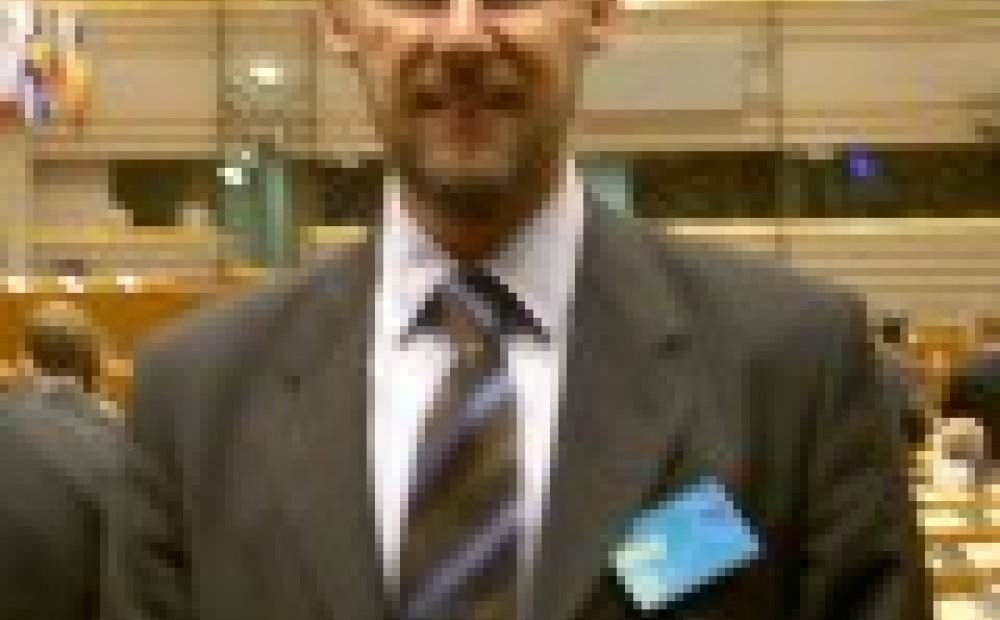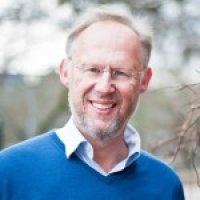Explaining Nuclear Forbearance: A Case Study on Sweden

Why did Sweden choose, in the late 1960s, to abandon its long-standing nuclear weapons plans? A number of historical investigations have analyzed some aspects of this issue, particularly as it related to the public political debate in Sweden and the formulation of the Swedish defense doctrine in the postwar years. Some studies have attempted to explicate, from a more overarching perspective, why Sweden opted not to develop nuclear weapons capability, but these efforts have generally been hampered by heavy dependence on secondary source materials consisting of published English-language works. Taken together, these studies provide a far-from-complete picture of Sweden’s historical nuclear weapons plans. The main reason for this lack of a comprehensive picture has been the paucity of primary sources. Today, however, the end of the Cold War and the declassification of large parts of the relevant documentary record, especially concerning the technical preparations for nuclear weapons production, have created the prerequisites for a more penetrating analysis of this important historical issue. The purpose of this presentation is to summarize the research on Sweden’s plans to acquire nuclear weapons based on primary sources. This overarching analysis is then tested against International Relations theories which have sought to explain factors of proliferation and non-proliferation.
Thomas Jonter is a professor of International Relations in the Departmenbt of Economic History at Stockholm University. His research focuses on nuclear non-proliferation and energy security. He is also chair of the ESARDA (European Safeguards and Research Development Association) working group for Training and Knowledge Management. Currently, he is heading a research project of Swedish Disarmament policy during the Cold War.
Speaker

Hosted By

Nuclear Proliferation International History Project
The Nuclear Proliferation International History Project is a global network of individuals and institutions engaged in the study of international nuclear history through archival documents, oral history interviews, and other empirical sources. Read more


History and Public Policy Program
A leader in making key foreign policy records accessible and fostering informed scholarship, analysis, and discussion on international affairs, past and present. Read more


Cold War International History Project
The Cold War International History Project supports the full and prompt release of historical materials by governments on all sides of the Cold War. Read more


Global Europe Program
The Global Europe Program is focused on Europe’s capabilities, and how it engages on critical global issues. We investigate European approaches to critical global issues. We examine Europe’s relations with Russia and Eurasia, China and the Indo-Pacific, the Middle East and Africa. Our initiatives include “Ukraine in Europe”—an examination of what it will take to make Ukraine’s European future a reality. But we also examine the role of NATO, the European Union and the OSCE, Europe’s energy security, transatlantic trade disputes, and challenges to democracy. The Global Europe Program’s staff, scholars-in-residence, and Global Fellows participate in seminars, policy study groups, and international conferences to provide analytical recommendations to policy makers and the media. Read more
